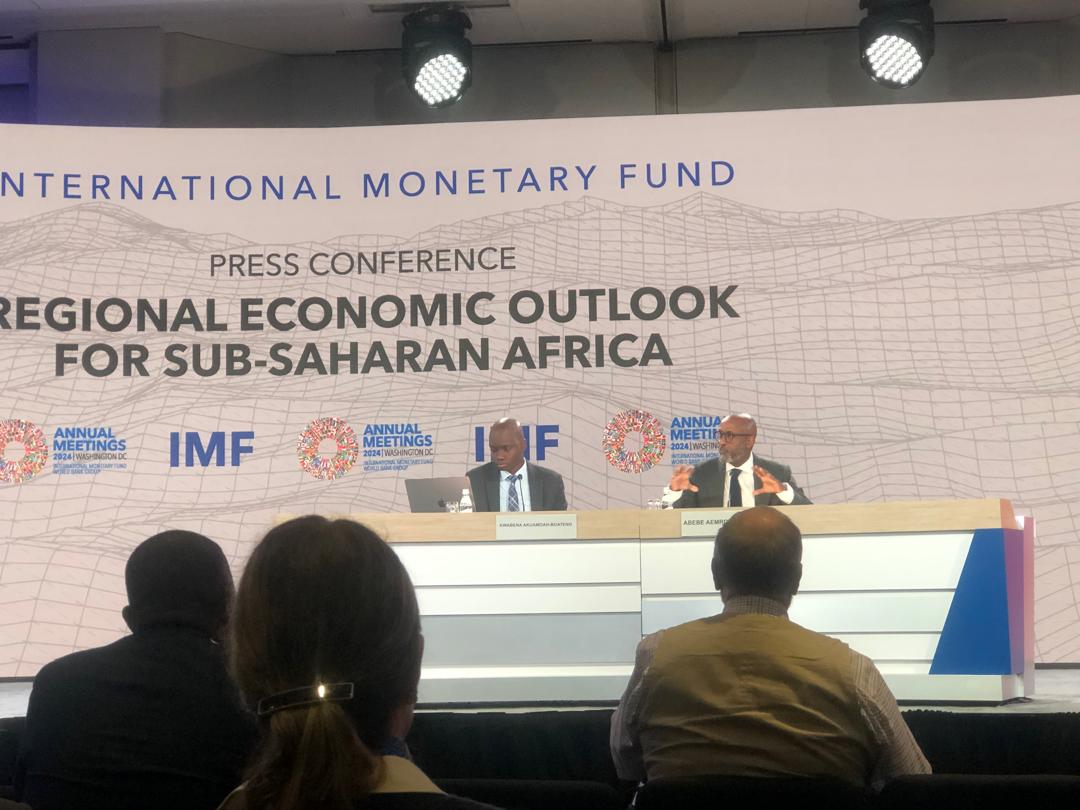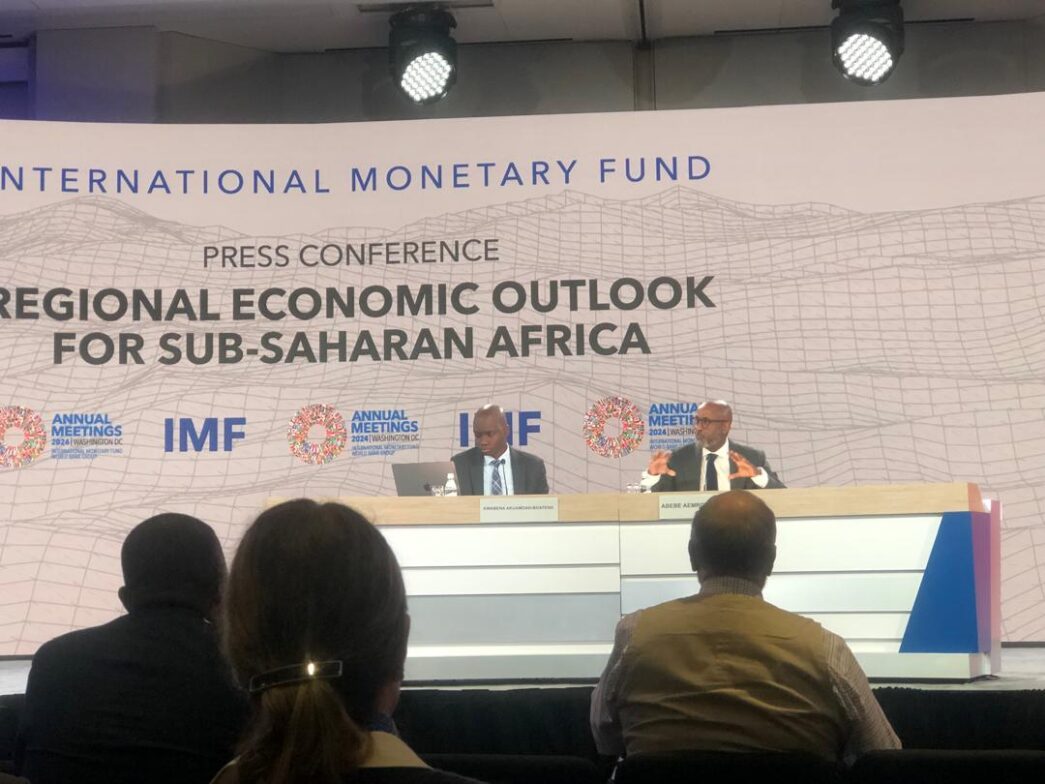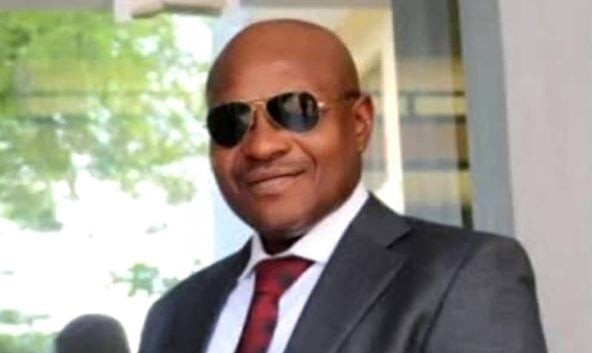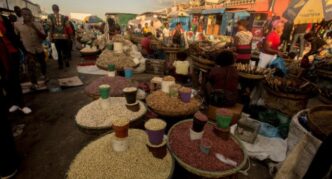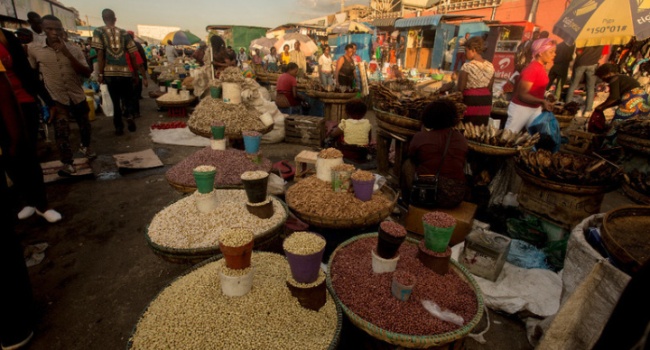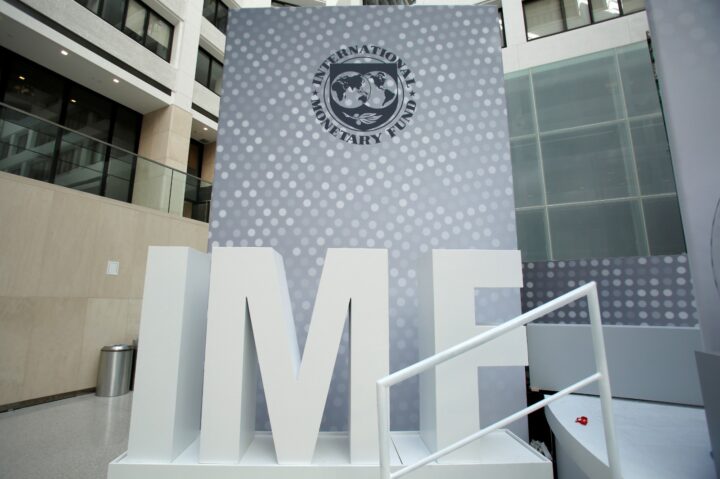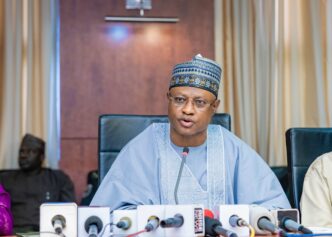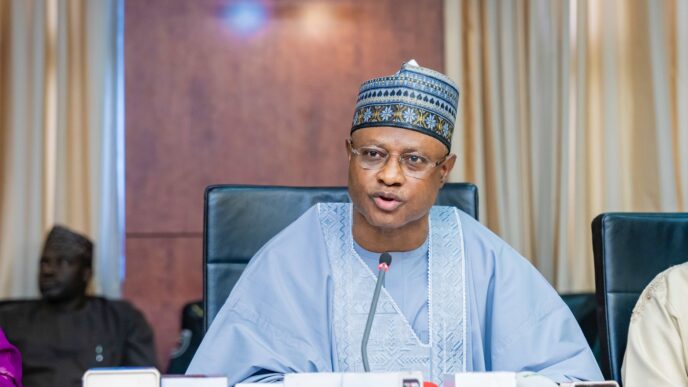
The International Monetary Fund (IMF) has asked the Nigerian government to direct the savings from petrol subsidy removal to support vulnerable households amid the country’s economic hardship.
Abebe Aemro Selassie, director of the African department at the IMF, spoke during a press briefing in Washington DC.
Aside from Nigeria’s business community, the IMF has been at the vanguard of championing major policy reforms in Nigeria – including advising Nigeria to scrap subsidy payments on petrol consumption.
Advertisement
On May 23, President Bola Tinubu had announced an end to subsidy, and capped it off with the liberalisation of the foreign exchange (FX) system.
Both policies have since unleashed significant economic hardship on Nigerians with a double-digit inflation rate of more than 30 percent, and petrol prices surging by over 60 percent from 2023 — amid a weak currency.
CONSIDERATIONS FOR POLICY RECOMMENDATIONS TO NIGERIA
Advertisement
Speaking on the considerations that informed the IMF’s policy suggestions to Nigeria, Selassie said the situation predating the recent policy changes was unsustainable.
He said when subsidies were significant and the exchange rate was being kept at an artificial level, there were other imbalances in the economy — including high levels of inflation and shrinking reserves.
“Government’s ability to borrow from markets was heavily compromised and this was the really difficult trade-off that the government in Nigeria over recent years have faced,” the IMF director said.
“The inability to have a healthy macroeconomic situation, one that would foster growth, diversification, resources to invest in health and education that were needed, because so much resources were being used by fuel subsidies. It wasn’t sustainable.”
Advertisement
‘SAVINGS FROM SUBSIDY REMOVAL SHOULD BE DIRECTED TO CUSHION EFFECT ON VULNERABLE HOUSEHOLDS’
Selassie said “pain was being felt elsewhere” as there was less investment in health and education.
Acknowledging the hardship in Nigeria, he said the immediate effect of the policy changes “always causes a lot of dislocation… and we have absolutely no doubt that conditions at the moment are extremely difficult”.
The economist said the effect of food price shocks in recent years has been acute in sub-Saharan Africa.
Advertisement
“Food accounts for a higher share of the consumption basket. Now you have fuel prices going up, which will have additional effect on other essential goods. So, all of this is well recognised,” he said.
“It is also why we have been on record again and again and again about the need to put in place measures to target the most vulnerable and do social protection over the years as these reforms have been implemented.
Advertisement
“I know there are some steps that are being taken in that direction, but I think some of the savings from the fuel subsidy reform, the exchange rate subsidy being removed, should, in our view, be directed to cushion the effect on the most vulnerable households.”
Led by some civil society organisations, Nigerians staged a protest against the prevailing economic hardship in the country on October 1, airing their discontentment with high fuel prices, rising food costs, and the general impact of inflation on the livelihoods of ordinary citizens.
Advertisement
Add a comment

